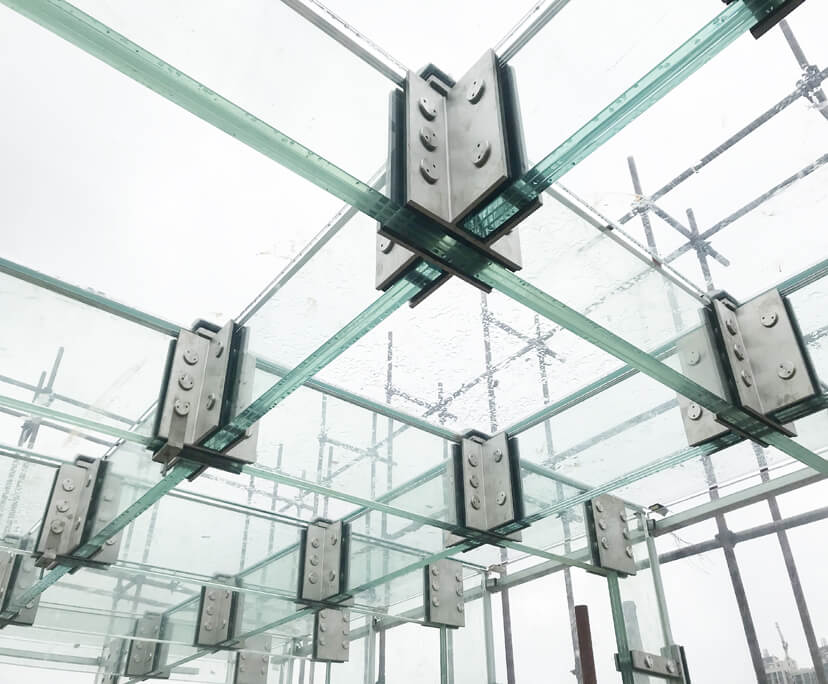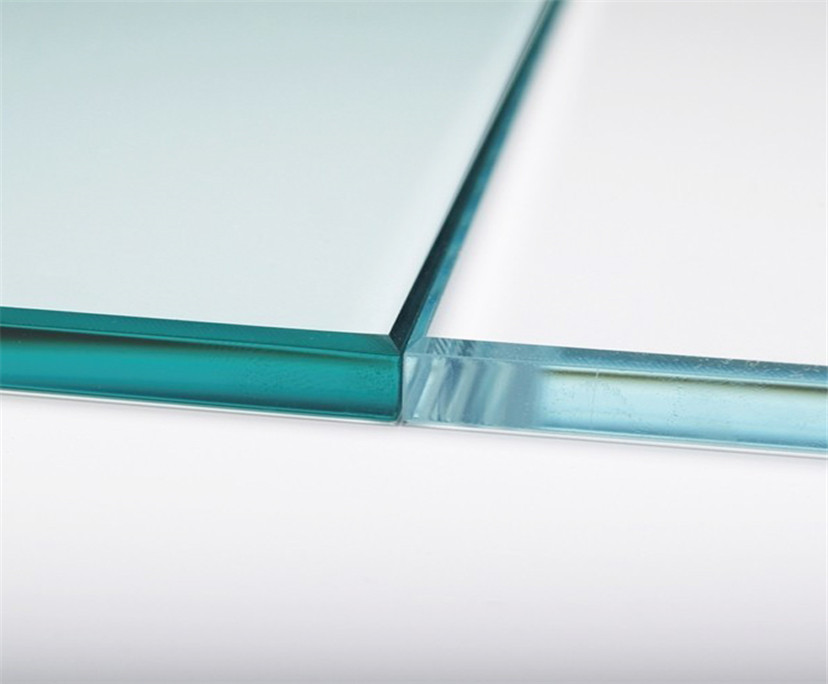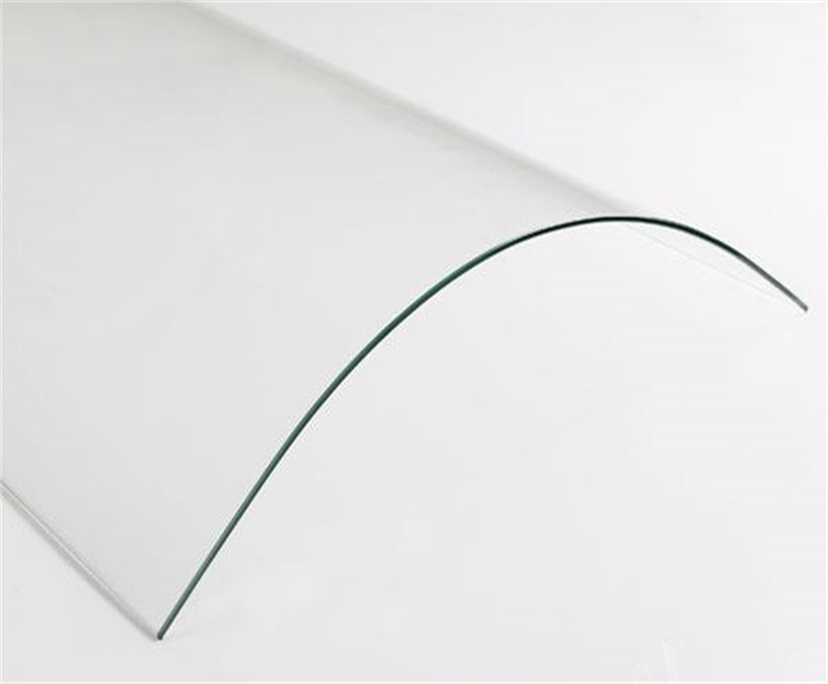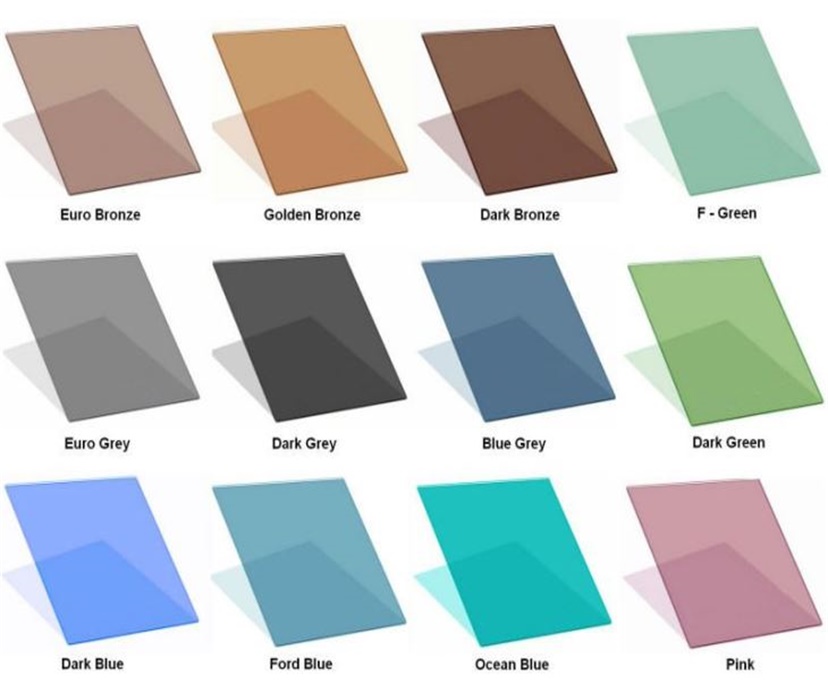Maintaining Stable Indoor Temperatures: Understanding the Energy-saving Benefits of Insulated Glass
Introduction:
In today's world, energy efficiency has become a primary concern for homeowners and businesses alike. One effective way to achieve energy savings and maintain stable indoor temperatures is through the use of insulated glass. Insulated glass, also known as double glazing or thermal glass, offers numerous advantages in terms of energy efficiency and temperature control. This article aims to explore the energy-saving benefits of insulated glass and shed light on its importance in maintaining a comfortable indoor environment.
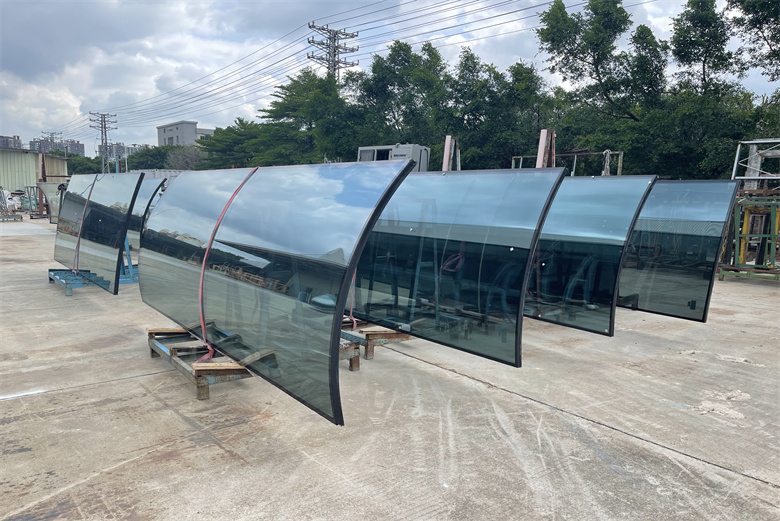
Enhanced Thermal Insulation:
Insulated glass consists of two or more glass panes separated by an insulating spacer, typically filled with air or a special gas. This design creates a thermal barrier that significantly reduces heat transfer between the interior and exterior of a building. The insulating properties of the glass help to minimize heat loss during colder months and prevent heat gain during warmer months. As a result, the indoor temperature remains stable, reducing the reliance on heating or cooling systems and leading to substantial energy savings.
Reduced Energy Consumption:
By providing superior thermal insulation, insulated glass reduces the need for artificial heating and cooling. This reduction in energy consumption not only benefits the environment but also results in significant cost savings for homeowners and businesses. The insulating properties of the glass help maintain a comfortable indoor temperature, reducing the reliance on HVAC systems and lowering energy bills.
Minimized Condensation:
Condensation occurs when warm, moist air comes into contact with a cold surface, leading to the formation of water droplets. Insulated glass helps minimize condensation by maintaining a warmer interior surface temperature, thereby reducing the likelihood of moisture accumulation on windows. This not only improves visibility but also prevents potential damage to window frames, walls, and furnishings caused by excessive moisture.
UV Protection:
Insulated glass is often equipped with a special coating that helps block harmful ultraviolet (UV) rays. UV rays can fade furniture, carpets, and artwork over time, as well as pose a risk to human health. Insulated glass with UV protection helps to filter out a significant portion of these rays, preserving the integrity of interior furnishings and reducing the need for additional UV-blocking window treatments.
Noise Reduction:
In addition to its energy-saving benefits, insulated glass also offers excellent sound insulation properties. The multiple layers of glass, along with the insulating spacer, create an effective barrier against external noise. This is particularly advantageous for buildings located in busy urban areas or near airports, as it helps create a quieter and more peaceful indoor environment.
Conclusion:
Insulated glass plays a crucial role in maintaining stable indoor temperatures and achieving energy efficiency. Its enhanced thermal insulation properties, reduced energy consumption, minimized condensation, UV protection, and noise reduction benefits make it an ideal choice for homeowners and businesses. By investing in insulated glass, individuals can create a comfortable and energy-efficient environment while enjoying long-term cost savings. As we continue to prioritize sustainability and energy conservation, insulated glass stands out as a valuable solution for maintaining stable indoor temperatures.


